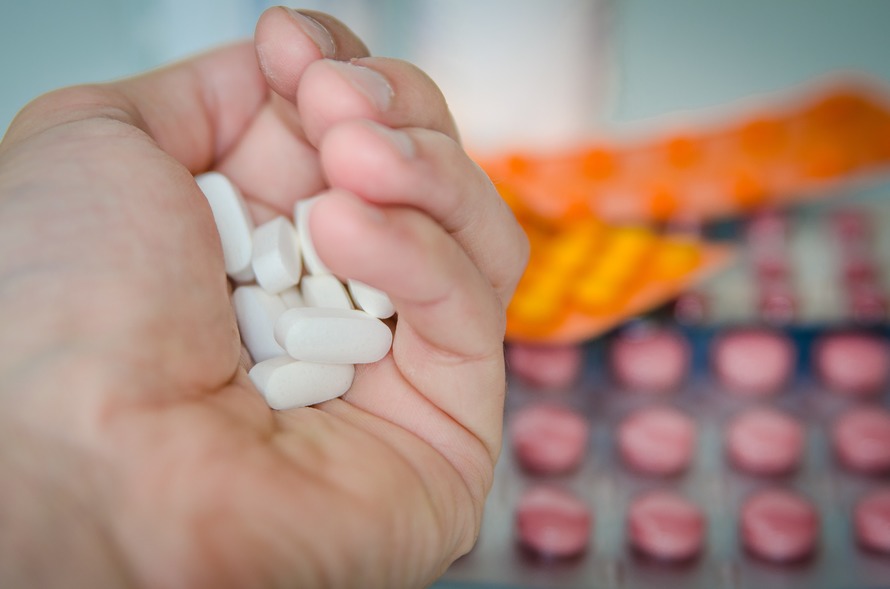Hormonal fluctuations, side-effects from certain treatments and psychological problems can all cause dryness in the vagina, which can lead to pain during sex.
If sex feels painful because of insufficient vaginal lubrication, the first step is identifying what is causing your vaginal dryness. Here are some likely culprits:
Hormonal Changes: Changing estrogen levels during menopause, perimenopause and after child birth can trigger a loss of vaginal lubrication. Estrogen plays a critical role in all aspects of vaginal health. Chemotherapy and radiation treatments for cancer can also effect estrogen and cause vaginal dryness.
 Medications: Antihistamines and asthma medication can have an internal drying side-effect. This can also reduce lubrication in the vagina.
Medications: Antihistamines and asthma medication can have an internal drying side-effect. This can also reduce lubrication in the vagina.
Insufficient arousal: A lack of connection with a sexual partner can inhibit vaginal lubrication. Poor sexual performance and premature ejaculation can both lead to lower libido.
Irritants: Certain chemicals can trigger allergic reactions that dry the vagina. Notice if a certain soap, hygiene product, dye or perfume is inhibiting lubrication and avoid it.
Anxiety: Stress and anxiety can diminish libido, leading to an insufficiently lubricated vagina.
Treatments: Most doctors recommend localized therapies for vaginal dryness. Oral and vaginally inserted medications have both shown success in restoring proper lubrication. There also several ways to reduce pain during sex, including silicone-, oil- and water-based lubricants. Regular application of vaginal moisturizers can also reduce dryness.
Do you have vaginal dryness? See if you qualify for Segal Institute’s clinical research study on vaginal dryness today!
Source: EverydayHealth [gravityform id=”3″ title=”true” description=”true”]


